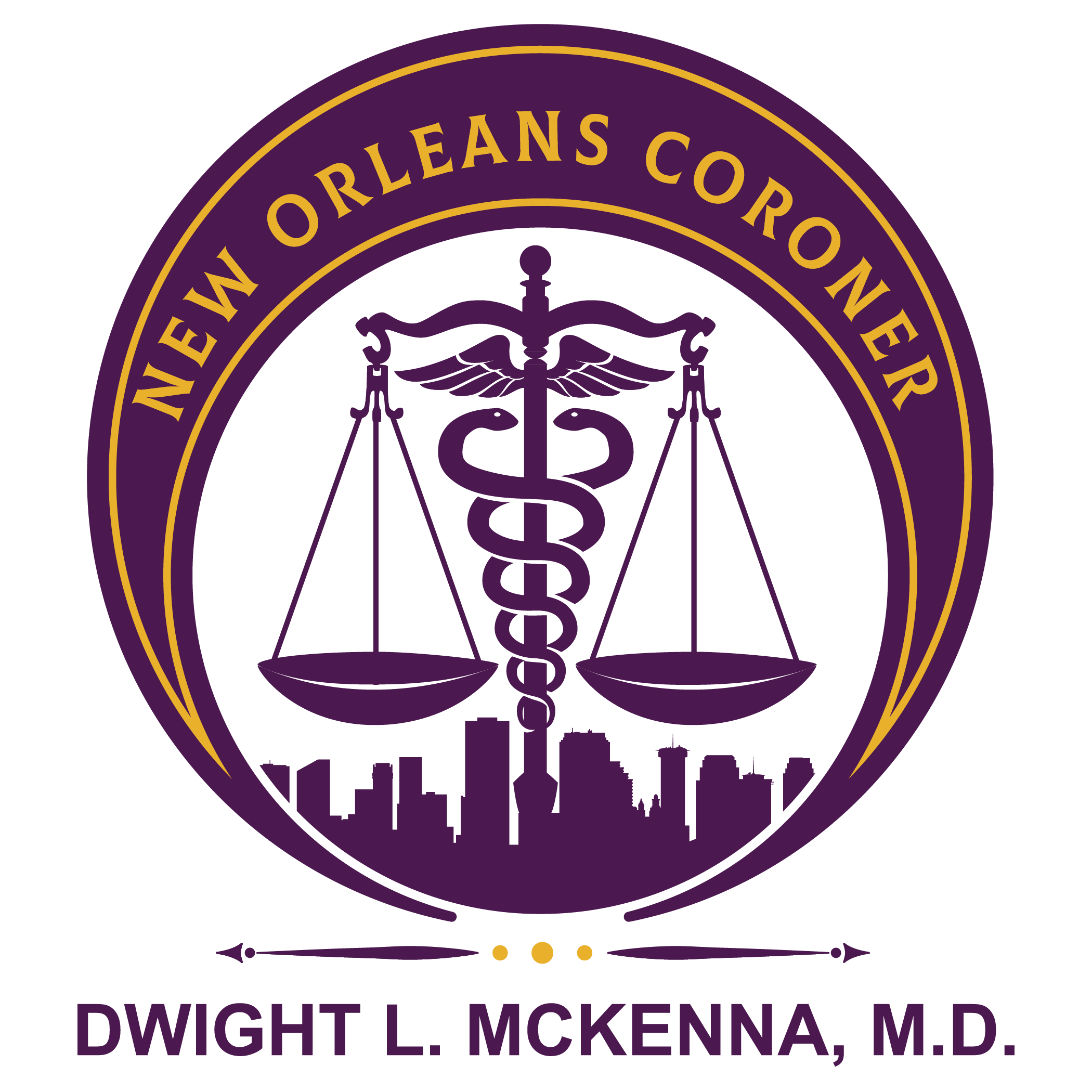New Orleans Coroner, Dr. Dwight McKenna points to a recent study
that shows platelet-rich plasma (PRP) injections have become a
popular treatment option in a variety of specialties including sports
medicine, maxilla facial surgery, dermatology, cosmetology and
reproductive medicine. PRP is an autologous blood product derived
from whole blood, using a centrifuge to isolate a concentrated layer of
platelets. The granules in platelets release transforming growth
factors.
PRP has been shown to be safe, with more adverse effects attributed
to local injection site pain, bleeding, swelling and bruising. The cost
for PRP may range from $500-$2500 for a single injection.
Familiarity with the use of PRP to treat specific musculoskeletal (MSK)
conditions is essential for family physicians who frequently are asked
by patients about whether PRP is right for them. These patients may
have experienced failure of medication therapy or declined surgical
intervention.
Fore MSK purposes, PRP may be injected into
intratendinous, peritendinous and intra-articular spaces. Currently
there is no consensus regarding injection frequency.
Summary by condition: knee osteoarthritis, ankle osteoarthritis, hip
osteoarthritis, rotator cuff tendinopathy, patellar tendinopathy, lateral
epicondylitis (tennis elbow) or Achilles tendinopathy.
The guideline emphasizes informed consent and use only after
exhausting other conservative options
